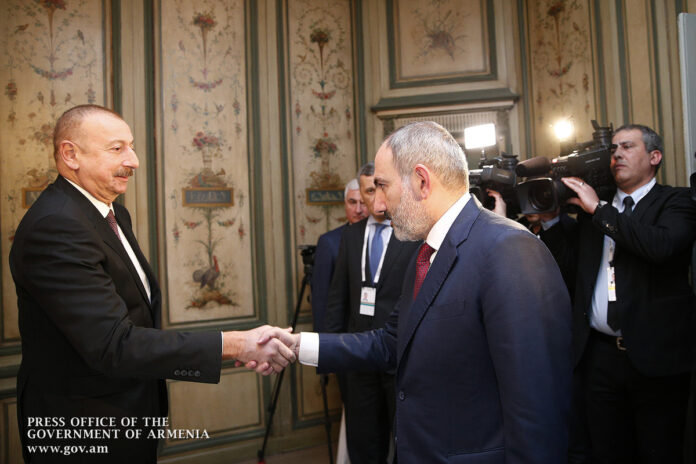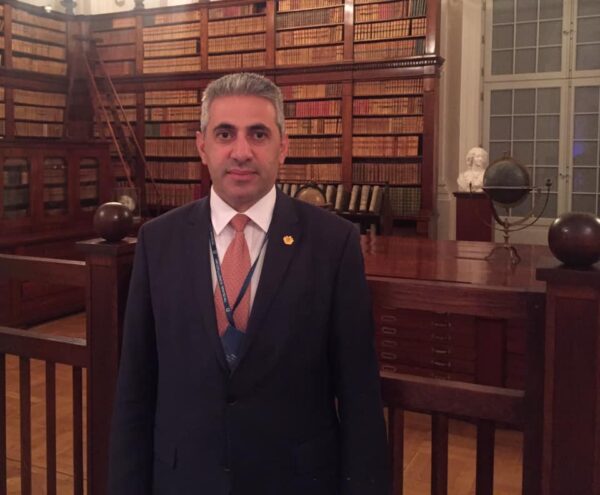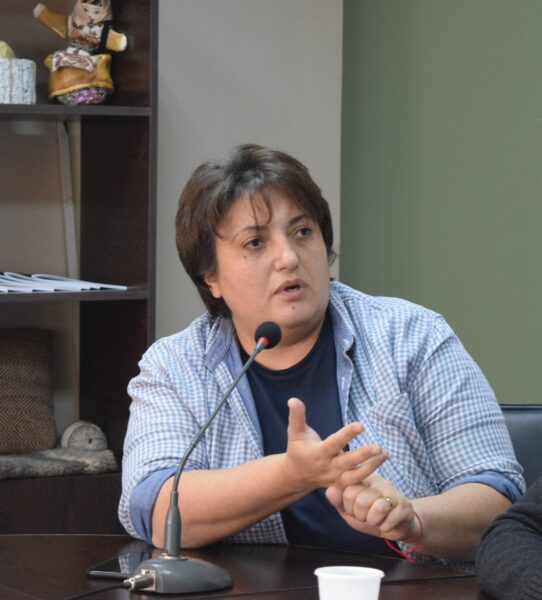By Anzhela Sedrakyan
Special to the Mirror-Spectator
YEREVAN — Since the March 19 announcement by Prime Minister Nikol Pashinyan announced that a draft peace agreement between Armenia and Azerbaijan had been agreed upon and was awaiting signing, little has happened to indicate peace is at hand. “I am ready to put my signature under this document,” he wrote on his Facebook page when he announced Armenia’s stance. This was followed by several other posts with similar content. By contrast, at the same time, Azerbaijan intensified claims that Armenia was attacking the border. Reality showed something else entirely, with the residents on Armenia’s borderlands under regular attack by the Azerbaijani army.
There has been concern about the possible items in the agreement. In an interview with Public Television, Prime Minister Nikol Pashinyan reiterated that Armenia and Azerbaijan had recognized each other’s territorial integrity, sovereignty, and political independence based on the borders of the Soviet republics.
He added he does not understand what Armenia has supposedly conceded. He stated: “What have we conceded, or have we conceded anything at all?” However, it is important to recall the trilateral agreement signed on November 9, 2020, following the 44-day war, as well as the events of 2022-2023, when Artsakh was ultimately depopulated of Armenians.
Nevertheless, Pashinyan did not disclose the specific provisions of the agreement, which leaves room for speculation. It remains uncertain whether the document addresses the issue of individuals held in Baku, particularly the return of prisoners of war. It is worth recalling that during his 2021 election campaign, Pashinyan stated, “The prisoners will forgive us for remaining in captivity for one or two more months.” In this context, it is unclear why the Armenian side has not yet demanded the immediate repatriation of prisoners of war.











